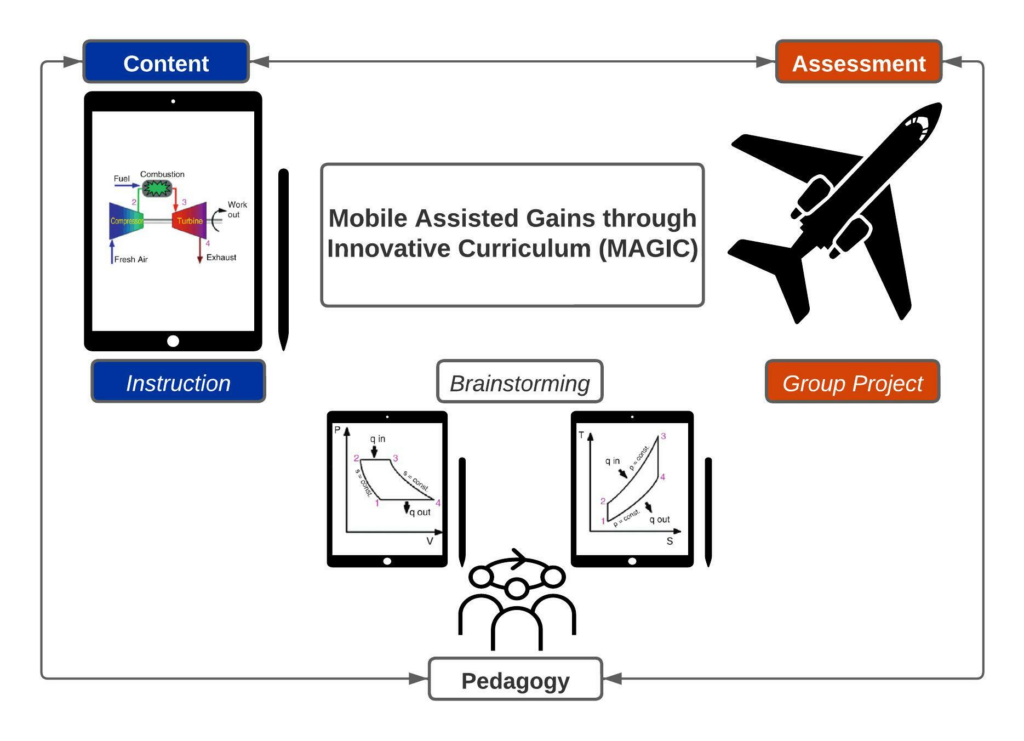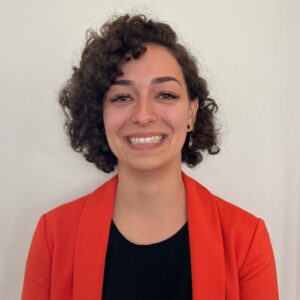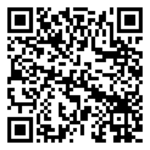Affordances of Mobile Technology to Facilitate Learning in Undergraduate Thermal-Fluid Science

Monday, October 23rd @ 4:00 pm in MEC 201
Research Advisor: Dr. Krishna Pakala
Abstract
In recent years, the pandemic has affected learning at all levels, in particular higher education, where higher levels of independence and self-motivation are required during distance learning. In engineering in particular, distance learning adds another degree of difficulty to an already complex field. Comprehension in engineering requires the repeated use of diagrams, high-level charts, and practice problems. Mobile devices, combined with a technology-enhanced curriculum, provide an excellent platform for learning in engineering as it allows for clear illustration and the transfer of complex ideas at any time and place. In alignment with the social-constructivist framework, these facets of mobile technology provide additional avenues for student engagement and the extension of learning goals. This study utilized the Triple E Framework and a mixed methods approach to investigate the impact of mobile devices on engineering students’ learning in a thermal-fluids course. The overall aim: to measure how mobile technology, combined with a technology-enhanced curriculum, impacts engineering students’ engagement, enhancement, and extension of learning. Results reveal that students perceived increased levels of engagement when utilizing mobile devices while learning. However, teaching methods were identified to be the key factor leading to engagement. Though a clear statistical difference between students who did and did not utilize mobile devices was not apparent, students with university-loaned tablets (iPads) saw a larger increase in learning than students without. Conclusions report that having a single type of device in the classroom supports ways of learning that would not otherwise be present. This supports the social constructivist framework, in demonstrating how learning is a process situated within a social context that is influenced by social interaction.
About the presenter

Maeve obtained her BS in Mechanical Engineering from Boise State University in the Spring of 2022, she has been working on her MS in Mechanical Engineering since the Fall of 2021 when she joined the Accelerated Masters Program. Throughout her time at Boise State she has served as a Peer Educator, Teaching Assistant, Learning Assistant, and Grader for a variety of courses in the ME department. Her thesis work is based on engineering education and focuses specifically on technology use in the undergraduate engineering classroom. Maeve enjoys the ever-changing challenge of teaching engineering and hopes to eventually pursue a PhD in the field, after gaining more experience as a project engineer in the Boise area. Outside of the professional realm, she enjoys traveling, reading, and cooking.
Join the Zoom presentation
Scan the QR code or go to boisestate.zoom.us/my/krishnapakala?pwd=Ni9UemhuUmh4MzFHeFhGeWhBRktmdz09